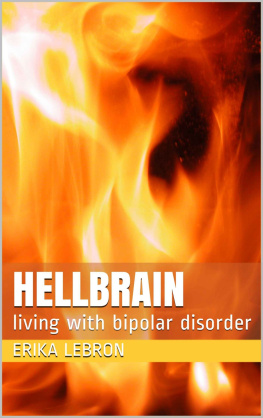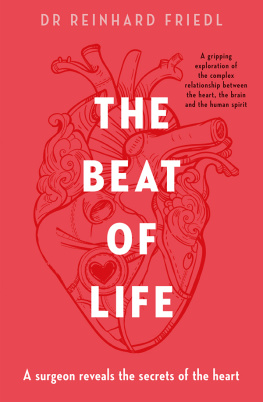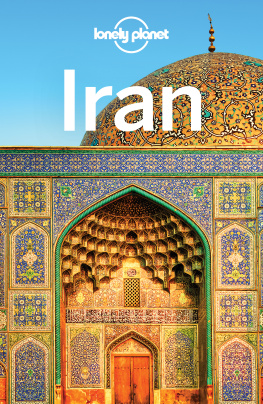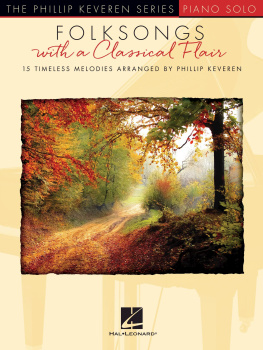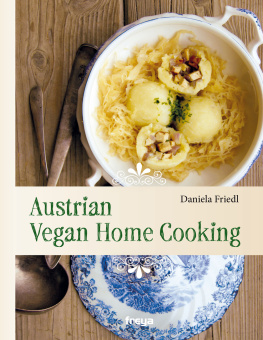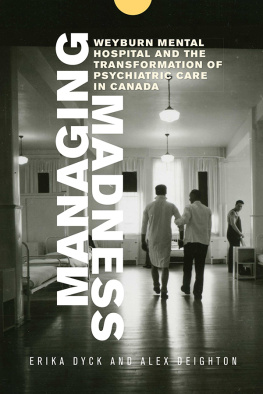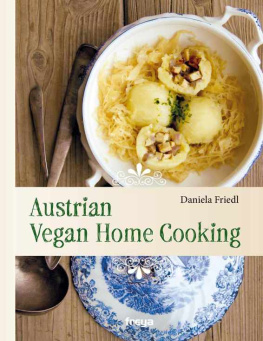
Erika Friedl is the E.E. Meader Professor Emerita of Anthropology at Western Michigan University. Between 1965 and 2015 she won numerous grants to carry out fieldwork in Boir Ahmad, West Iran. Her honours and awards include the Presidential Scholar Award; Distinguished Faculty Scholar Award; and Phi Beta Kappa. Friedl is the author of several books on the people of Boir Ahmad, including: Women of Deh Koh, Children of Deh Koh, Warm Hearts and Sharp Tongues: Life in 555 Proverbs from the Zagros Mountains of Iran, and Folktales and Storytellers of Iran: Culture, Ethos and Identity (I.B.Tauris, 2014).
This is the kind of book that will serve as a reference work for the next generations, not only of ethnographers, but also of Iranists, dialectologists and ethnomusicologists.
Eckhard Neubauer, Emeritus Professor, Institute for the History of Arabic-Islamic Sciences, Goethe University, Frankfurt
This book will be a classic. It is amazing in its scope, depth, the topics it covers and the deep cultural understanding it demonstrates and conveys.
Mary Elaine Hegland, Professor, Department of Anthropology, Santa Clara University
FOLKSONGS FROM
THE MOUNTAINS
OF IRAN
Culture, Poetics and Everyday Philosophies
E RIKA F RIEDL
For Hans, these three scores of time
Published in 2018 by
I.B.Tauris & Co. Ltd
London New York
www.ibtauris.com
Copyright 2018 Erika Friedl
The right of Erika Friedl to be identified as the author of this work has been asserted
by the author in accordance with the Copyright, Designs and Patents Act 1988.
All rights reserved. Except for brief quotations in a review, this book, or any part thereof, may not be reproduced, stored in or introduced into a retrieval system, or transmitted, in any form or by any means, electronic, mechanical, photocopying, recording or otherwise, without the prior written permission of the publisher.
Every attempt has been made to gain permission for the use of the images in this book. Any omissions will be rectified in future editions.
References to websites were correct at the time of writing.
International Library of Iranian Studies 67
ISBN: 978 1 78831 017 8
eISBN: 978 1 78672 278 2
ePDF: 978 1 78673 278 1
A full CIP record for this book is available from the British Library
A full CIP record is available from the Library of Congress
Library of Congress Catalog Card Number: available
CONTENTS
ACKNOWLEDGEMENTS
While working since 1965 on the ethnographic documentation of a community in the tribal area of Boir Ahmad in southwest Iran, I have incurred great debts of gratitude to more people than I can list here. Furthermore, the often difficult socio-political climate in Iran especially after about 1983 makes me hesitate to name people who helped us with our research, sometimes against their own interest. The Azizi-Pakbaz families and the Boir Ahmadi-Rokhforus families in Sisakht will stand for many others who all know we are grateful.
Reinhold Loeffler and our children moved along with me through the folklore of Boir Ahmad, contributing memories to my notes. Friends and colleagues in Austria, Germany and the United States encouraged and supported us most generously through the years. Western Michigan University, the Wenner-Gren Foundation for Anthropological Research, the Social Science Research Council, the National Endowment for the Humanities and the University of Chicago supported various aspects of our research financially. Some verses have been published before and here are used with permission from The Royal Danish Academy of Science and Letters, Professor Sekandar Amanolahi, and Mr. Yaqoub Ghafari. The verses from Friedl (1977) are published in Iranian Studies online (24 February 2007), used here with the permission of Iranian Studies, and available at http://www.tandfonline.com/doi/abs/10.1080/00210867708701535. Professor Susan Wright provided me most generously with some unpublished songs from her own collection. Elaine Anderson Jayne of Kalamazoo read and edited the manuscript skilfully and patiently, and Sophie Rudland and Lisa Goodrum at I.B.Tauris managed the project most efficiently at their end. I thank them all.
NOTE ON TRANSLITERATION AND TRANSLATION
Luri, spoken by the tribes of the Province of Kohgiluye/Boir Ahmad (among many others in Iran) is an unwritten language close to Middle Persian. To render Luri words easily readable, people in Iran prefer to use the Latin alphabet. I follow this trend with a simplified transliteration code based on English, familiar to a great many people in Iran. Letters are close to their English sounds with these exceptions: is as in law, gh is a soft guttural g sound, z is as in zero, is the ch in child, ou is the vowel in low, kh is similar to the guttural sound in Scottish loch or Hebrew Chaim, u is as in lucid or book.
Text in brackets [] is my editorial addition. I transliterated spoken words rather than a written text. Therefore, some inconsistencies in spelling due to variations in speaking are unavoidable, as is the neglect of customary Persian printed symbols such as glottal stops or diacritical marks in the absence of a standard code for transliterating Luri.
All translations are my own unless stated otherwise. As my goal was to be faithful to the text and to the spirit of the lyrics, I consciously avoided English rhymes, clichs and idioms. Where I was not certain about meaning I asked for help, which often turned into a lesson in semiotics and interpretation for me. All mistakes are mine, though, and I confidently expect that my friends will point them out to me next time I visit.
Map of Iran and Research Area
INTRODUCTION
Locus Amoenus
Boir Ahmad, our lovely place, is a region in the easternmost province of a Luri-speaking people in the Zagros mountains of West Iran. It is a place of high rocky peaks, steep green pastures, light oak woods, cold springs feeding swift brooks, torrential rivers, hot and arid plains. Springtime brings birds, blossoms and balmy air, summer brings heat from a molten sun and from the deserts of the Gulf, and autumn brings an abundance of fruits. In winter snow covers hills and valleys, peaks and plains. The region is promoted as a tourist paradise, with part of the Dena range of the Zagros a so-called Protected Area. There are cool waters and pleasant gardens, blue skies and crisp air, wide vistas of pastures, cliffs and canyons; there are chic new houses, ski slopes, mountaineers, wide roads. One learns to overlook garbage and cars. The population is rising. Villas, villages and towns creep into orchards, fields and woods. People benefit from these changes and also complain about pollution and loss of beloved places. The majestic Dena range gives identity to the area and a name to a county.
When Reinhold Loeffler, our two daughters and I first came to Sisakht, a large village at the foot of the Dena mountain, no haze clouded the hills. This was in 1965. Boir Ahmad was a land of harsh nature with cold winters and hot summers, and of hardworking people making a threadbare living. Of these, acorns, used for food in the area since prehistoric times, figure prominently:





